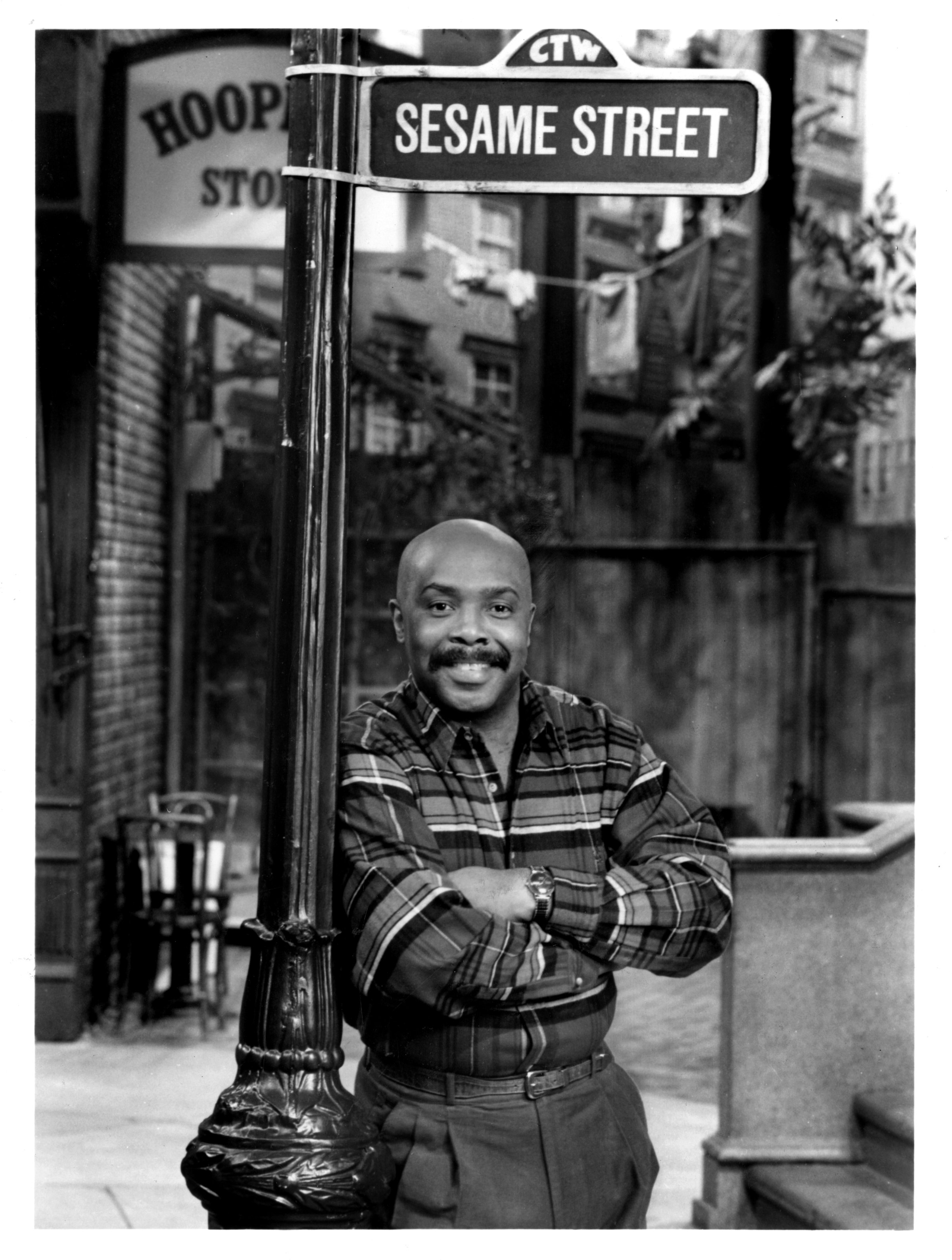
The thing about children’s television: your audience ages out pretty quickly. But if you’re Sesame Street, which celebrates its 45th anniversary Monday, you just might find former viewers coming back decades later—to watch with their kids, or even grandkids.
Roscoe Orman has played Gordon on the show since 1973 (he was the third actor to step into the role), and says that, in all that time, Sesame Street’s basic mission has stayed the same. The whole point has always been not only education in the traditional sense—teaching the letters and numbers children will need when they start school—but also preparing them for life’s struggles. “We’ve tackled some pretty significant issues over the years,” he says. “Adoption, death. In recent years we did a video dealing with divorce, another very tough issue, in ways that I think empower parents to discuss them with their children and also give children a sense of feeling affirmed.”
Orman fondly remembers his own character’s story arc dealing with adoption—in season 17 (1985), Gordon and his wife Susan adopt a little boy named Miles. In real life, that infant was played by his own son, Miles Orman. “He remained as a cast member on the show for a good portion of his early years,” Orman says, “so that was a great bonding experience for me and for him, going to work with dad.”
Of all the show’s landmark episodes, Orman is particularly proud of one that dealt with the real-life death of Will Lee, who played Mr. Hooper on the show. Instead of casting a new actor in the role, the writers created an episode where Big Bird learns that his friend has died, and the other adult characters on the show help him understand what dying means. “It was aired on Thanksgiving Day [1983], so that families could experience it together and discuss with children who would have questions about the death of an elder,” Orman says. “It was quite a moving experience for all of us. Of course it was a wonderful script by Norman Stiles, our head writer at the time. But there was very little acting going on—we were really sincerely grieving.”
The show’s candor on hard topics like this earned it devoted followers—it’s not unusual for fans to burst into tears when they see Orman and the other actors from the show in public. “I don’t think they even realize why,” he says, “but it has to do with that early gift that they received from us in their lives about affirming who they were, and really establishing the sense of the human family in a very large way that had not existed in previous generations.”
In large part, this has to do with the way the show welcomed different faces and voices on television in an unprecedented manner. Sesame Street was conceived in the late ’60’s, “that decade of the great movements of Civil Rights, anti-war and the tragic assassinations of the two Kennedy brothers and Dr. King. This really impacted all of us in ways that I think eventually led to what Sesame Street was addressing, which was a need to broaden the media’s outreach, to provide some way of addressing those young people who traditionally had been left out by and large: African American, Hispanic, and Asian communities … We really became a rainbow for people to look to as a sign of hope for what the world could be.”
Will Sesame Street still be on the air 45 years from now? There’s no way to know for sure, Orman says, especially considering the rapid pace of change in the digital entertainment landscape. “But,” he adds, “Sesame Street holds a very special place in the heart of American and worldwide audiences that would be hard to replace.”
Read TIME’s 1970 Sesame Street cover story, here in the archives: Who’s Afraid of Big, Bad TV?
The Muppets' Most Famous Friends: 10 Epic Celebrity Cameos
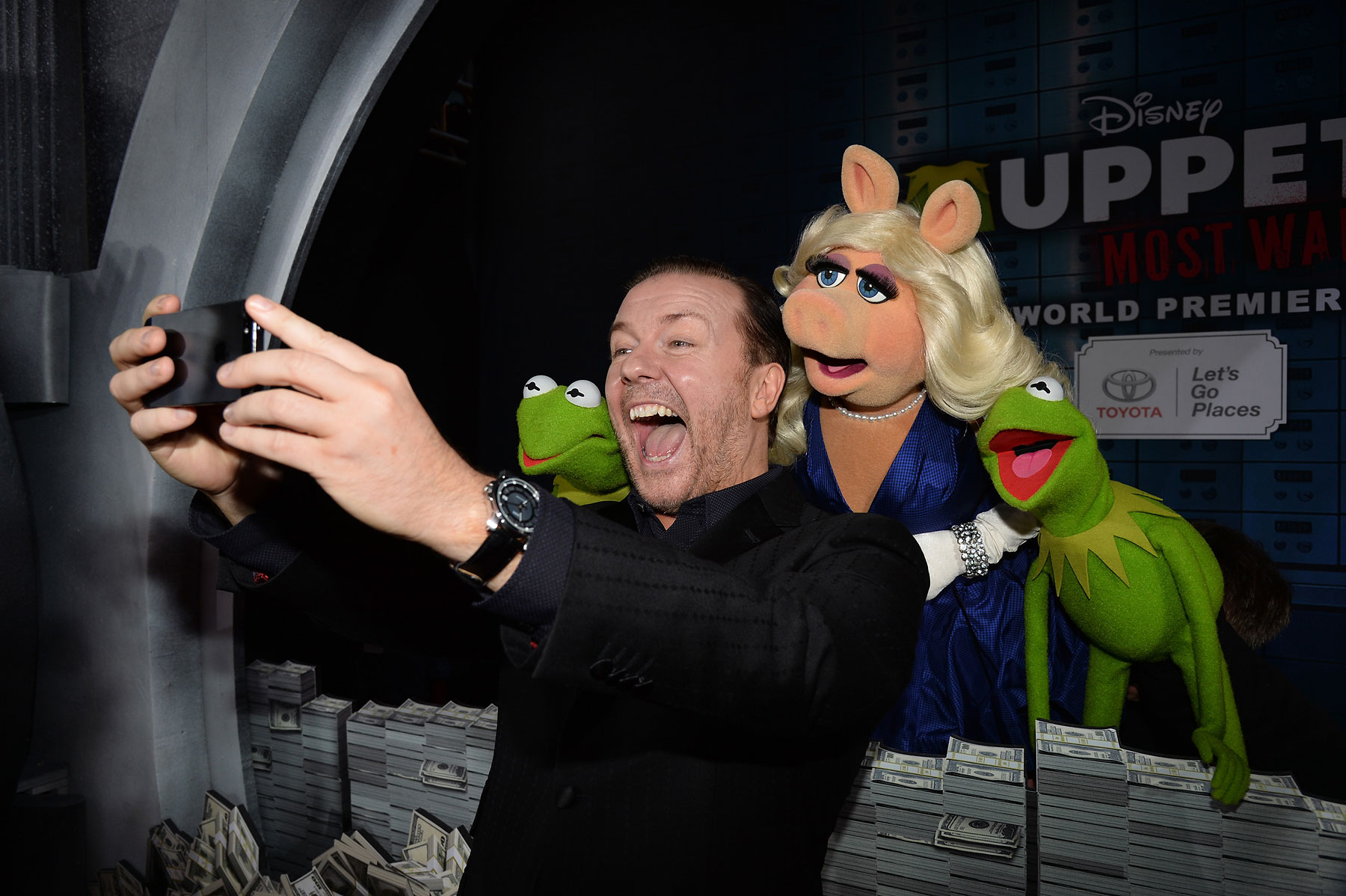
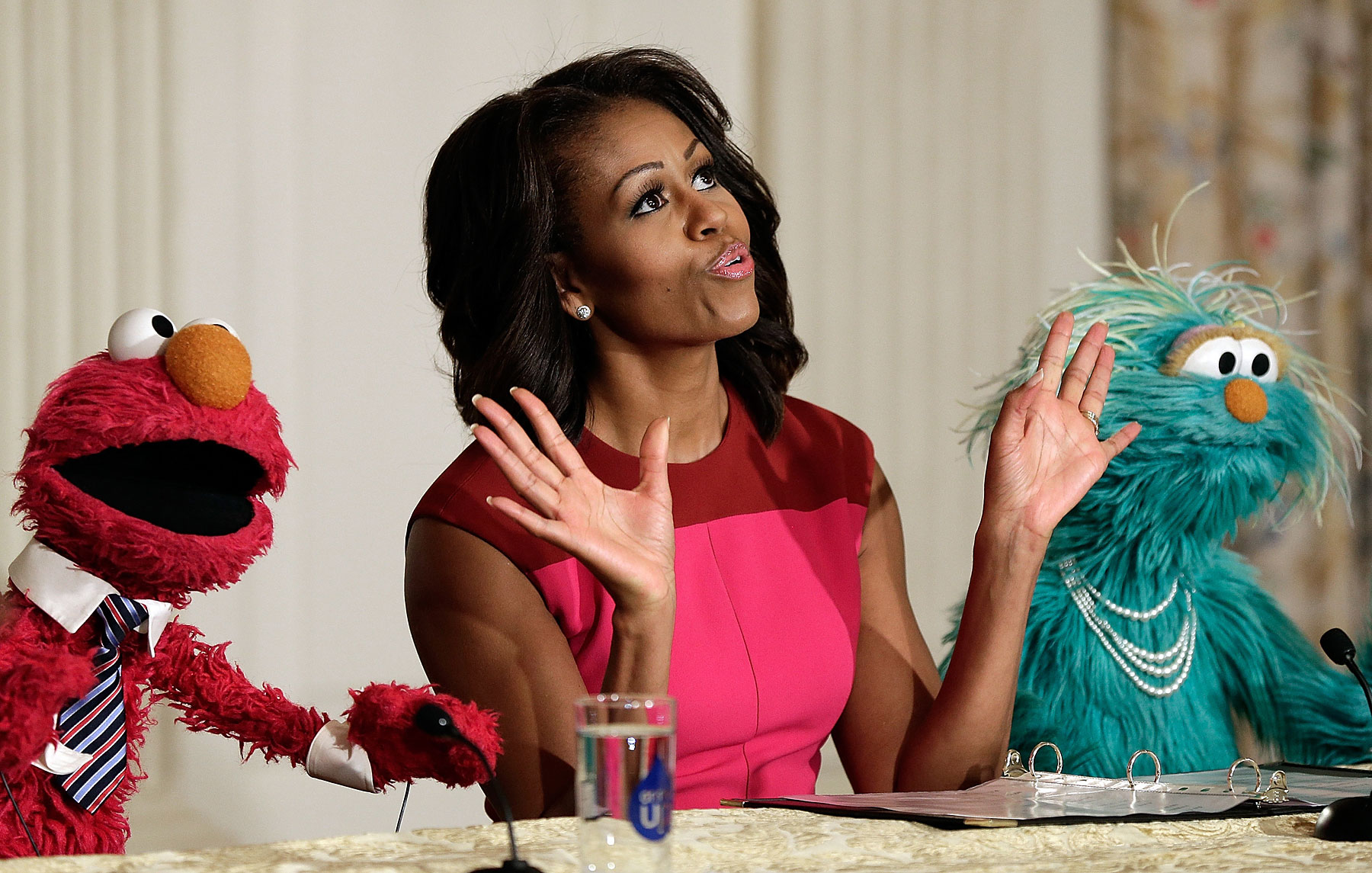
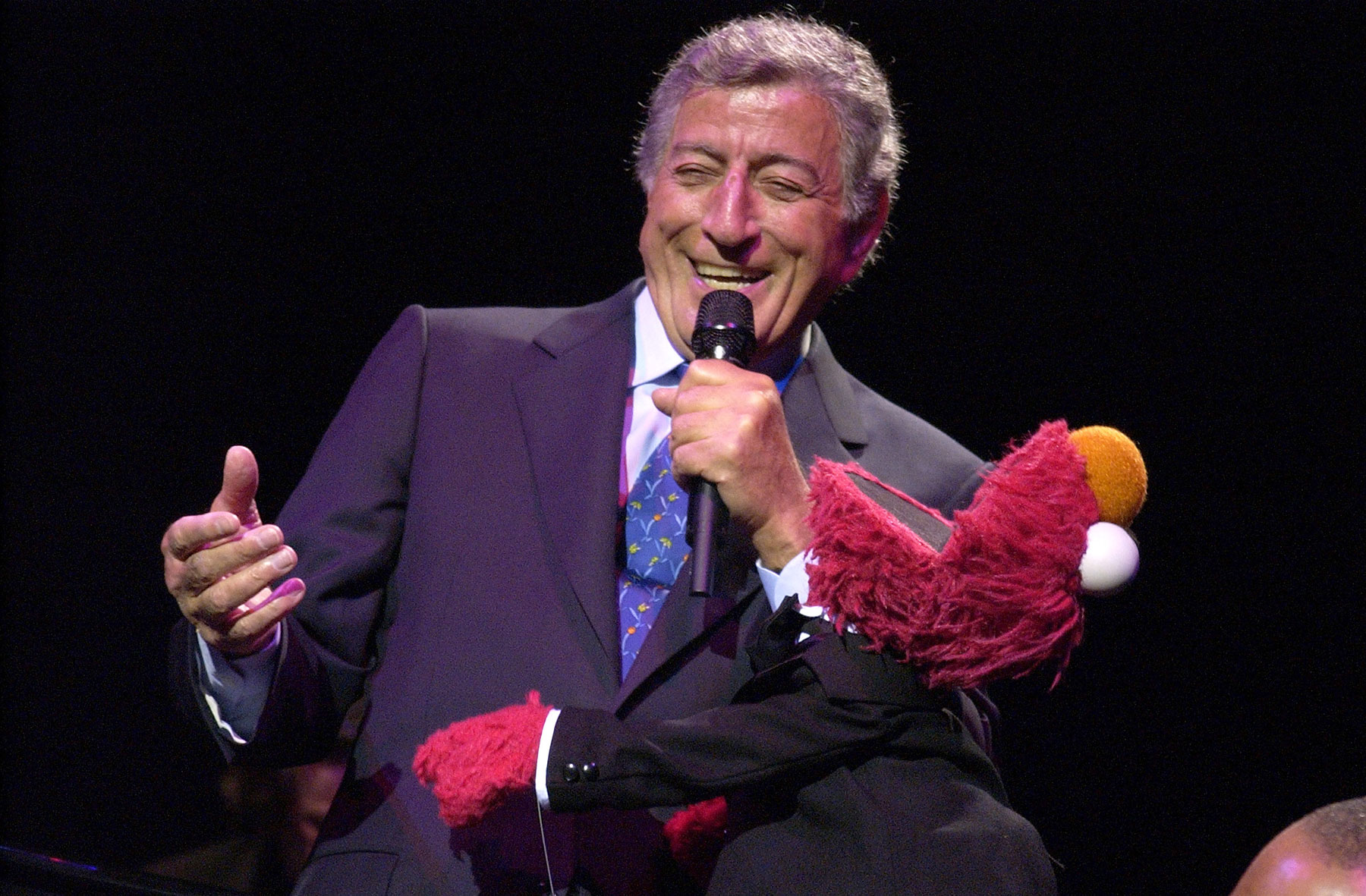
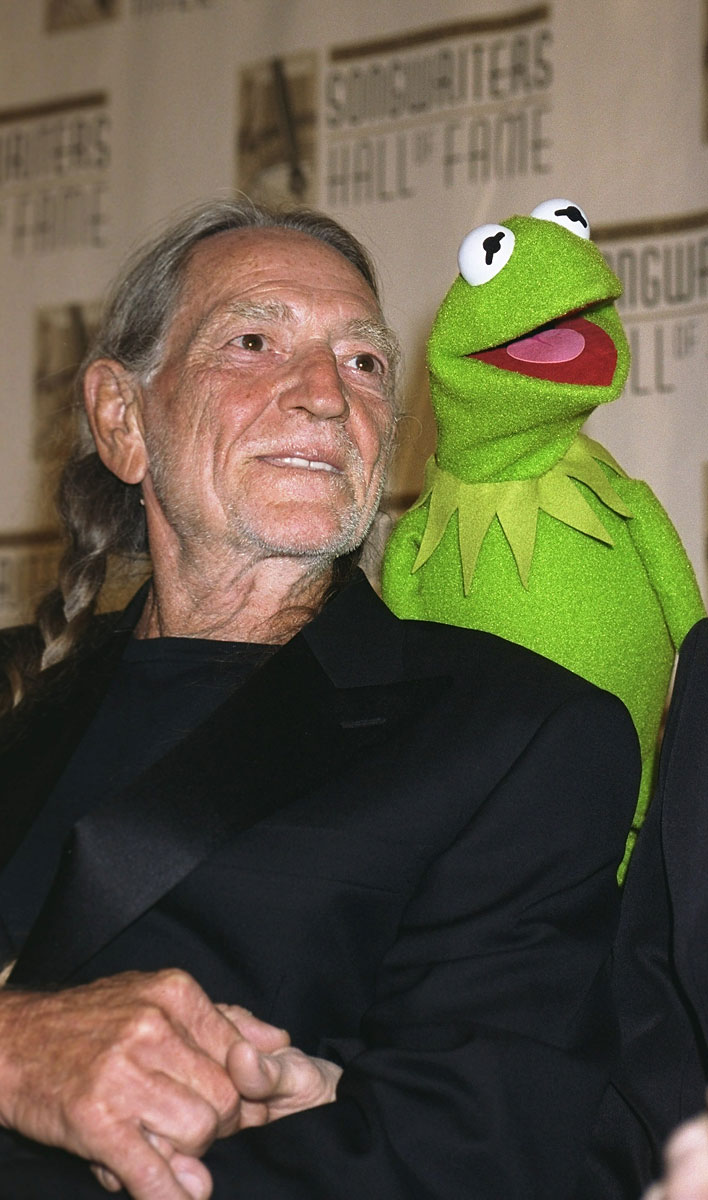
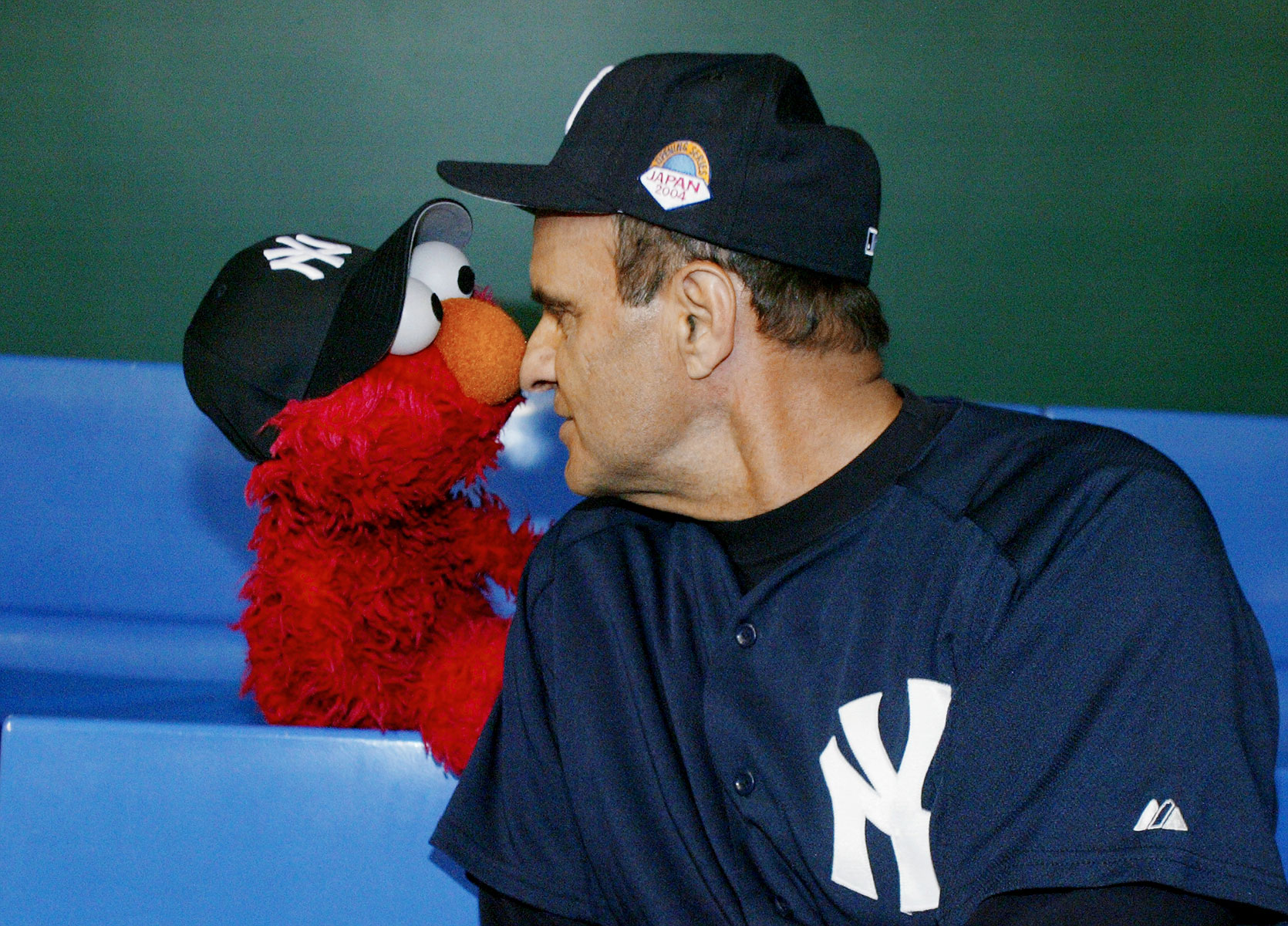
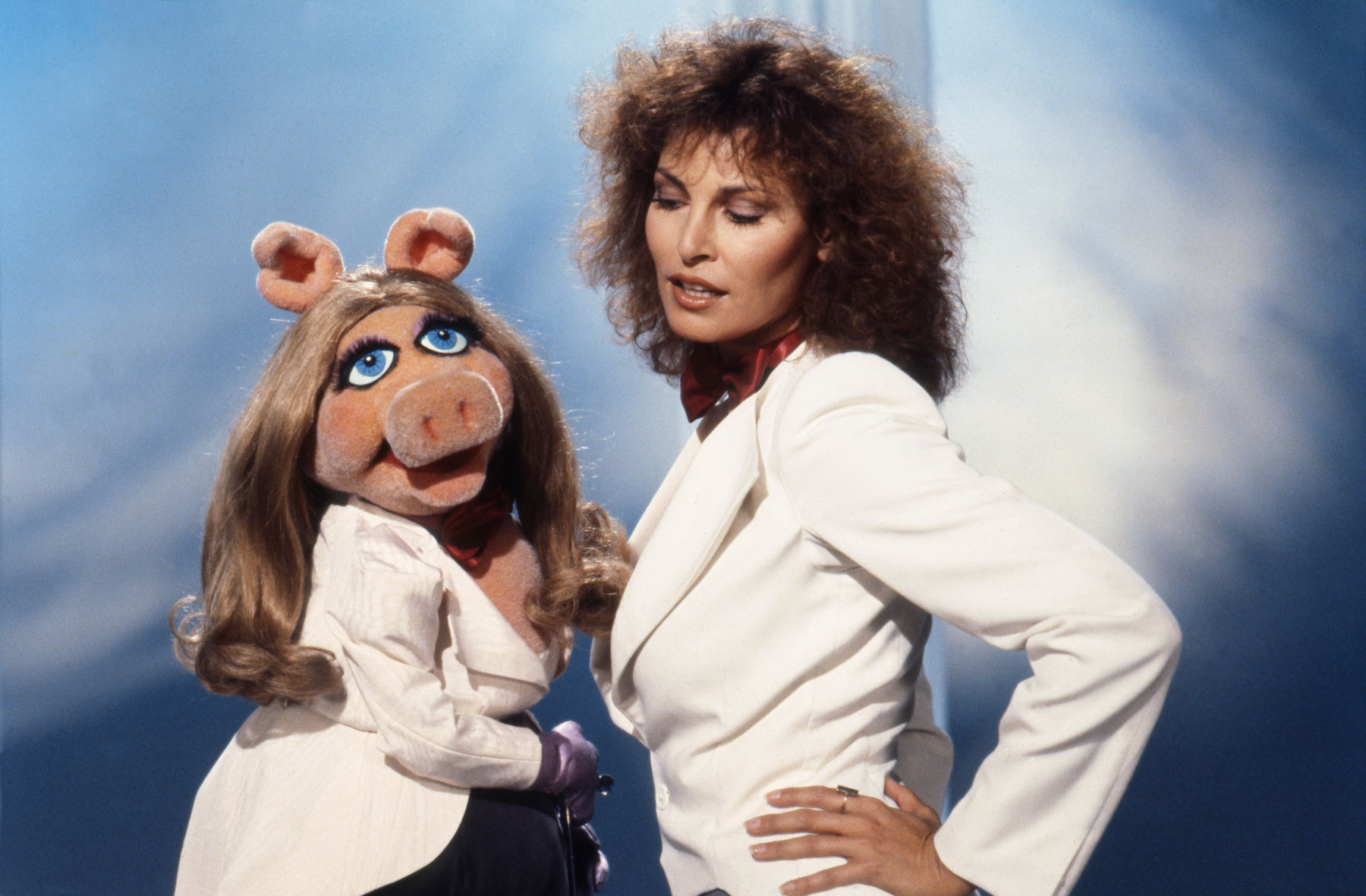
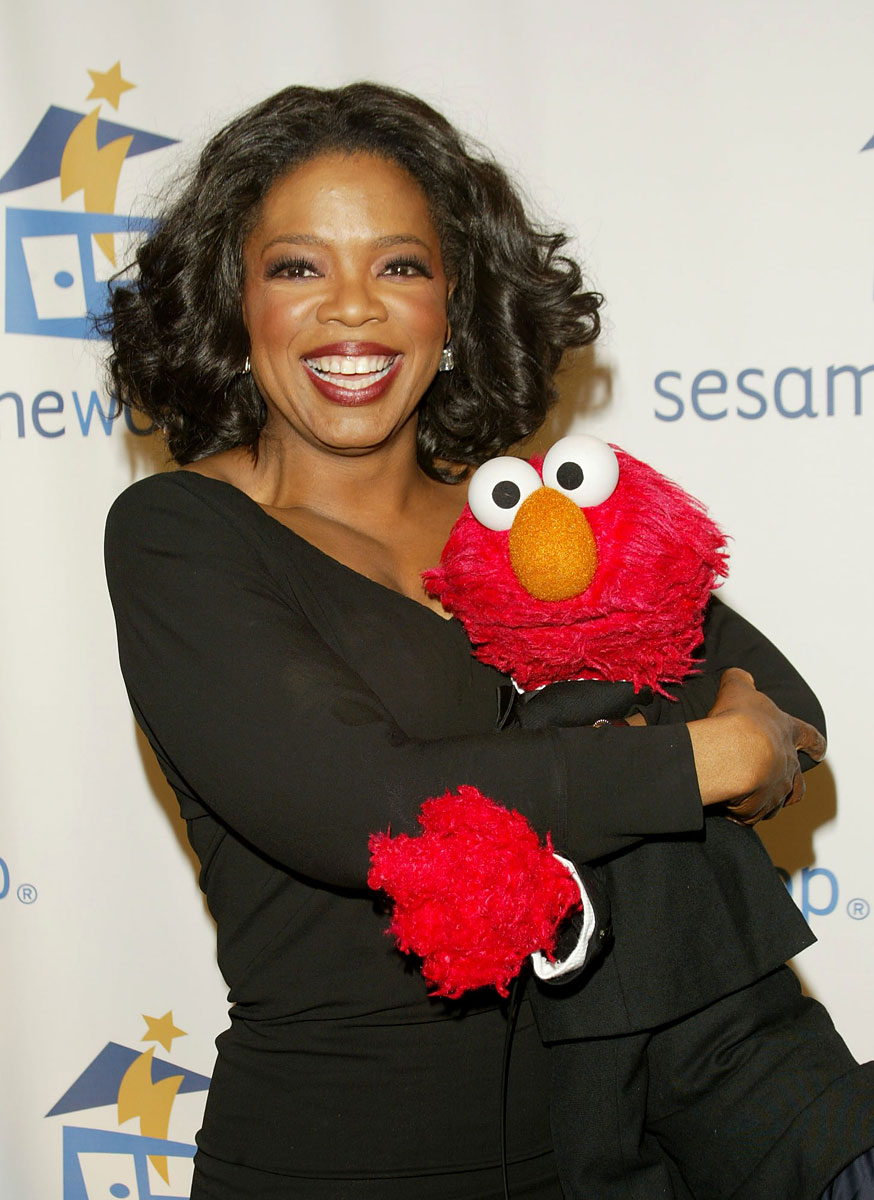
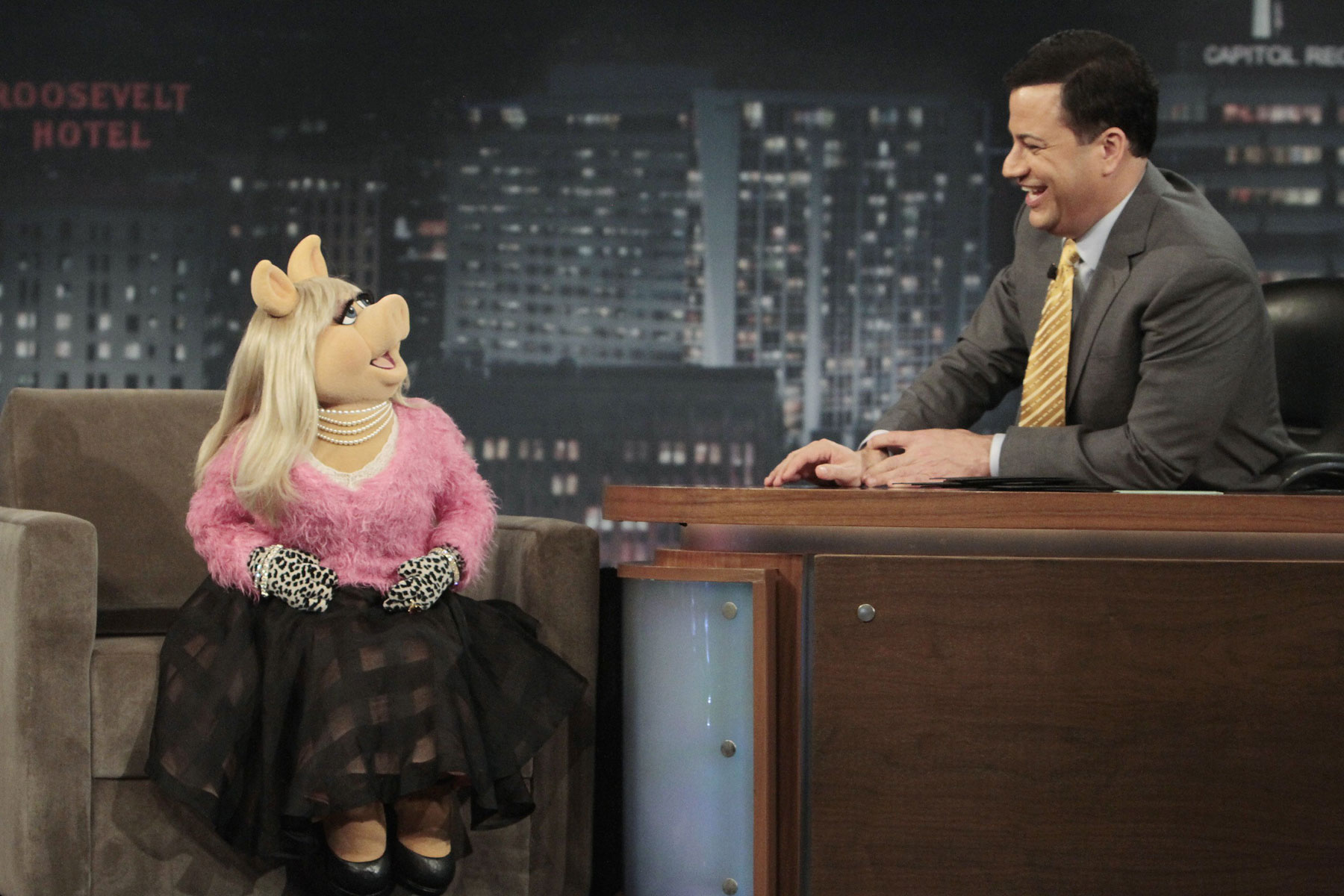
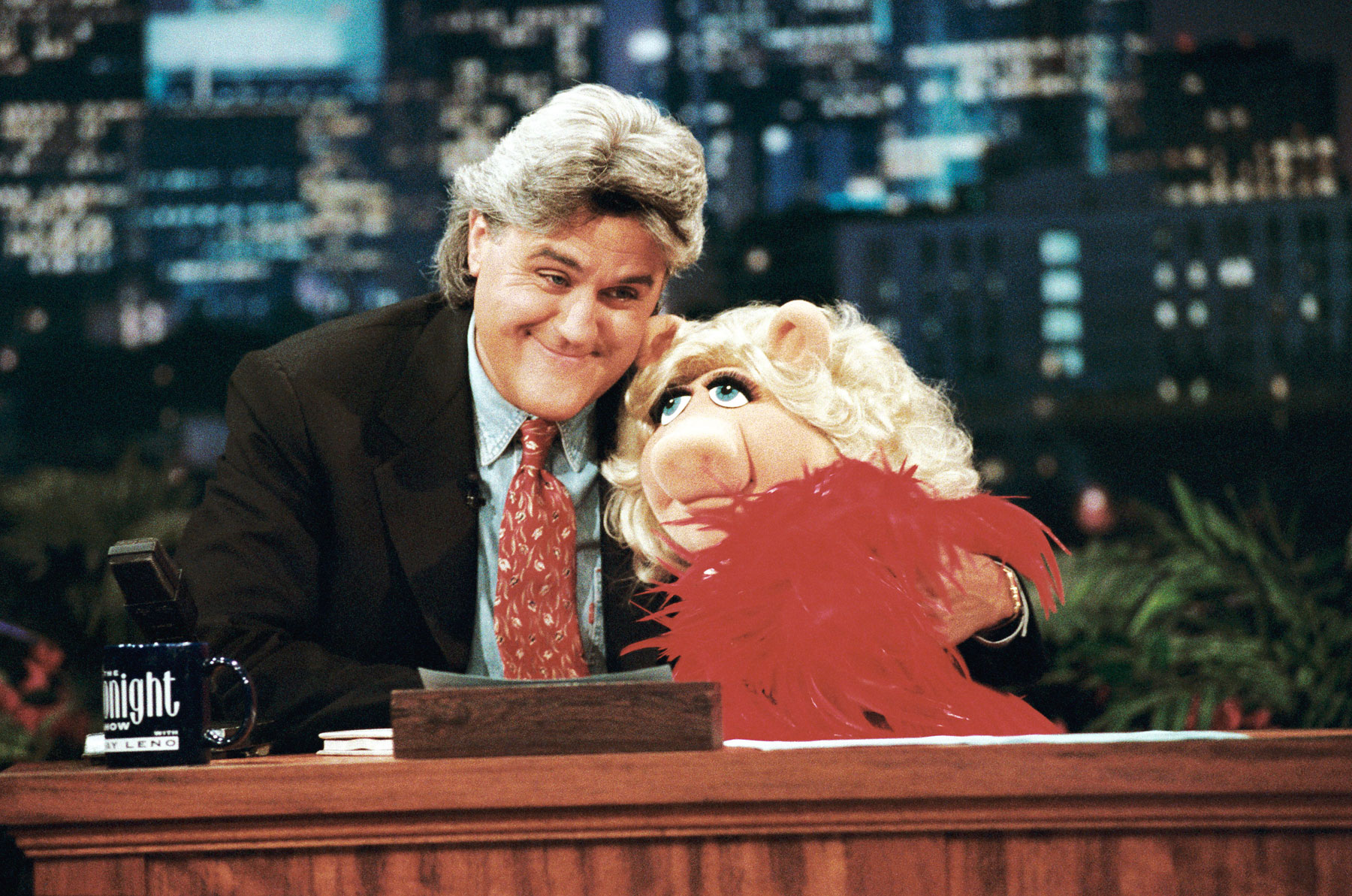
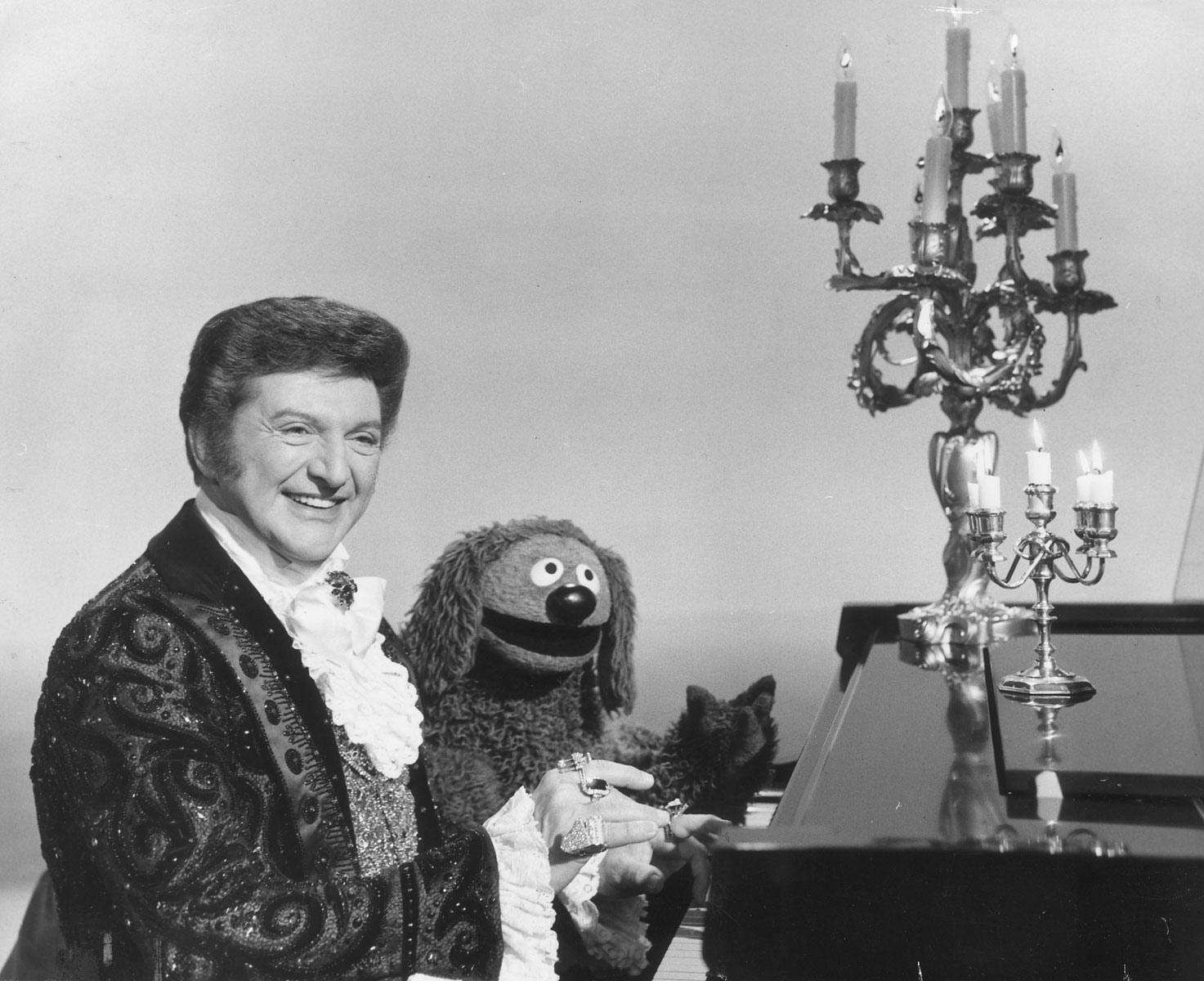
More Must-Reads from TIME
- How Donald Trump Won
- The Best Inventions of 2024
- Why Sleep Is the Key to Living Longer
- Robert Zemeckis Just Wants to Move You
- How to Break 8 Toxic Communication Habits
- Nicola Coughlan Bet on Herself—And Won
- Why Vinegar Is So Good for You
- Meet TIME's Newest Class of Next Generation Leaders
Contact us at letters@time.com